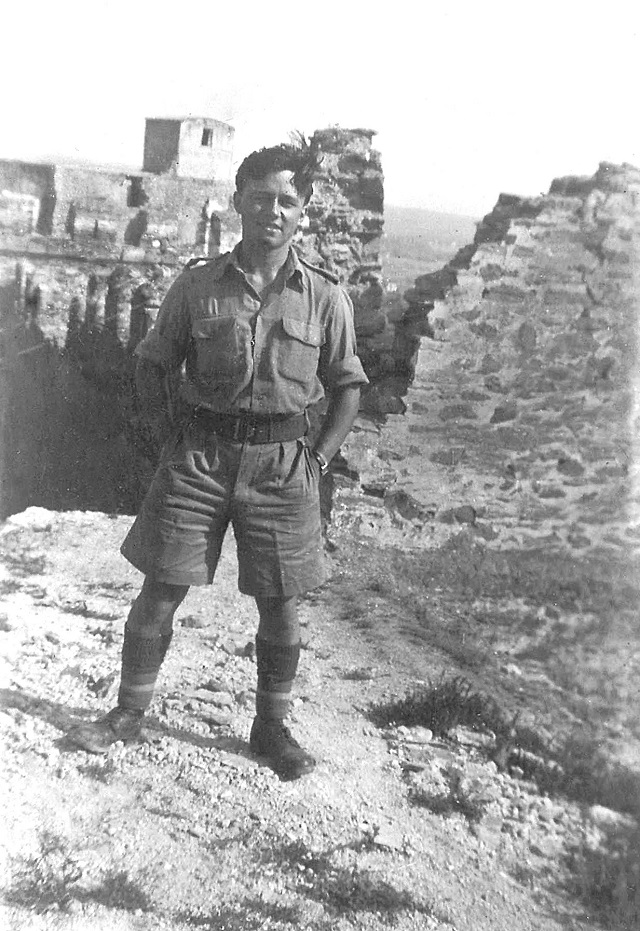William “Bill” McAteer, a British-Seychellois historian who started researching and writing about Seychelles’ history over 40 years ago, was made a Member of the Order of the British Empire (MBE) by Queen Elizabeth II in the 2022 New Year’s Honours.
He has been given this award for his work in researching and documenting the history of the Seychelles.
The MBE award was promoted and supported by the British Hugh Commissioner to Seychelles, Patrick Lynch. Several prominent figures in Seychelles’ society, including politicians, lawyers and writers such as Philippe Boullé, Glyn Burridge, Bernard Georges and the late Maxime Ferrari, also supported his nomination.
Boullé, in endorsing McAteer, said, “I believe the nominee merits an honour from Her Majesty the Queen in view of the fact that as a British citizen his endeavours reflect with huge credit on the United Kingdom, and by recording previously untold historical events, he has enriched us all, in our search for meaning and understanding of our colonial and post-colonial history and highlighted our rich heritage from a cultural, socio-economic and political perspective.”
At 18 years old, he was conscripted for military service at the end of World War 2. (Ian McAteer) Photo License: All Rights Reserved
The MBE from the Queen is a recognition of the permanent legacy McAteer has left for all Seychellois, by documenting the history of the islands. His last book will be dedicated “For Seychelles, my adopted country.”
McAteer, 94, is recognised as having researched and published the entire history of the Seychelles from discovery to independence from original source material. His three books are the result of meticulous research of almost 40 years, travelling across the world, thus providing a permanent legacy for the people of Seychelles.
His history of Seychelles, published in three books, spans the period from discovery (1742) to independence; Rivals in Eden (1742-1810), Hard Times in Paradise (1827-1919) and To be a Nation (1920-1976). He plans to publish a fourth book which will cover the period from 1976 to 2020.
McAteer comes from a family of modest means. He was born and raised in the Possil area of Glasgow. At 18 years old, he was conscripted for military service at the end of World War 2. He joined the Highland Light Infantry and served as a 2nd Lieutenant mostly in Northern Greece. He then studied at Glasgow University and thereafter joined the Glasgow Herald newspaper as a journalist.
McAteer at 90 years old returned to the Glasgow Herald newspaper where he started working at 17 years old. (Ian McAteer) Photo License: All Rights Reserved
In 1955, McAteer left Scotland for Kenya, joining the East African Standard in Nairobi. The same year, he visited Seychelles for the first time, on holiday. He was only on Mahe for four days, but the place made a lasting impression on him. After staying in the Pirates Arms in the capital Victoria, he went to the Fisherman’s Cove hotel at Bel Ombre, where he first met a young Seychelloise school teacher, Juliette Mellon, whose family were from Cerf Island. In 1958 he married Juliette, in Nairobi, Kenya, and went on to raise a family of three children; Ian, Jean and Brigitte.
He spent 25 years working in newspapers throughout East Africa; he was editor of the Mombasa Times and the Uganda Argus. In 1972, working with the support of the British Overseas Aid scheme, he set up the first school of journalism in central Africa, at the University of Nairobi, serving as the deputy and acting director. From 1980 he worked in the UK with Reuters and in Qatar on various newspapers before retiring to the Seychelles with his wife in 1994. He worked in Africa during a time of great change; Britain was ending the Empire, independence was coming to many nations in the 1960s.
His research from his books took him to La Reunion, Mauritius, Paris, London — the British Library, Kew Gardens, Somerset House — the Boston Whaling Museum, the National Archives in Seychelles, and many other places in-between. He started writing and publishing in 1980, inspired by his wife, Juliette, and the fact that up until then no proper history had been recorded.
The British-Seychellois historian at his home in Glacis on Mahe. (Ian McAteer) Photo License: All Rights Reserved
McAteer’s research involved meticulous review of many thousands of documents, maps and reports, fact checking, translations, as well as examination of UK government papers, CIA reports and interviews with former politicians and civil servants. By reviewing UK cabinet papers and CIA microfiches which were released after 20 years, he was able to reveal an accurate version of events and describe the underlying politics of the times in question.
He has been widely recognised as the leading authority on Seychelles history for many years. He has appeared regularly in interviews on Seychelles television and in the local press, and his work is used as source material in reports and articles. He is approached on a regular basis by journalists, researchers and writers for his knowledge on a range of topics on Indian Ocean history.
McAteer is a UK citizen but naturalised as a Seychellois in 2016. He has lived in Seychelles for almost 30 years, residing at the family home in Glacis. His wife Juliette passed away in 2011. He is now in a care home at Ma Constance.
Editorial note: This article is written by Ian McAteer, the son of the historian, with additional editing by SNA.

